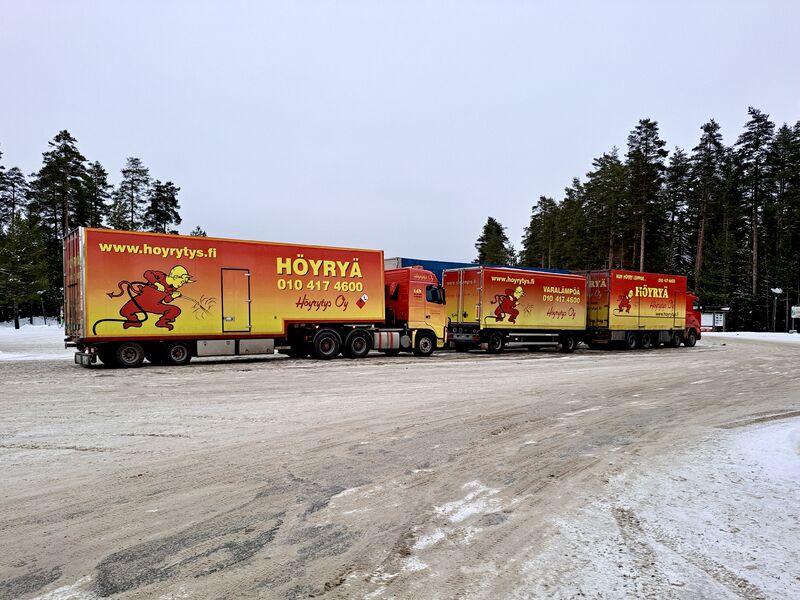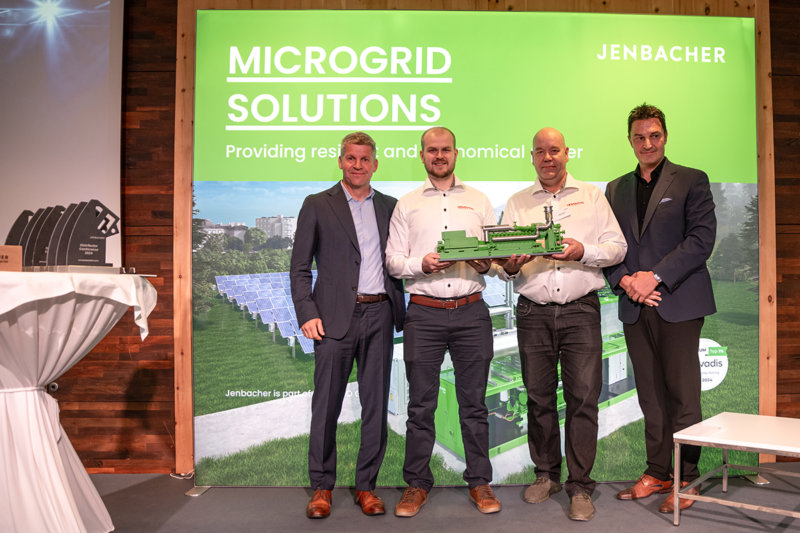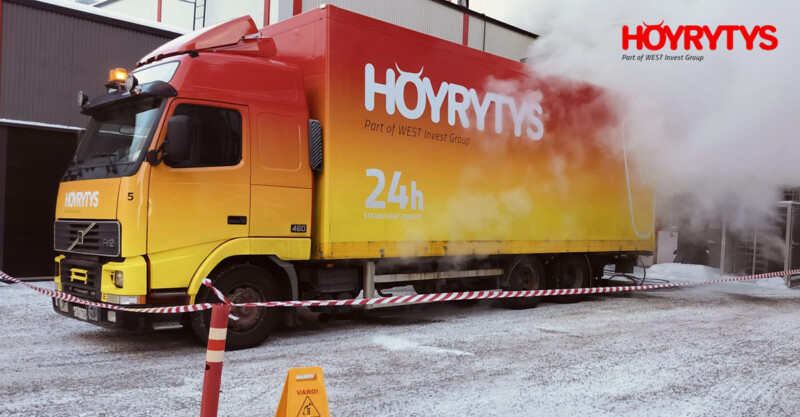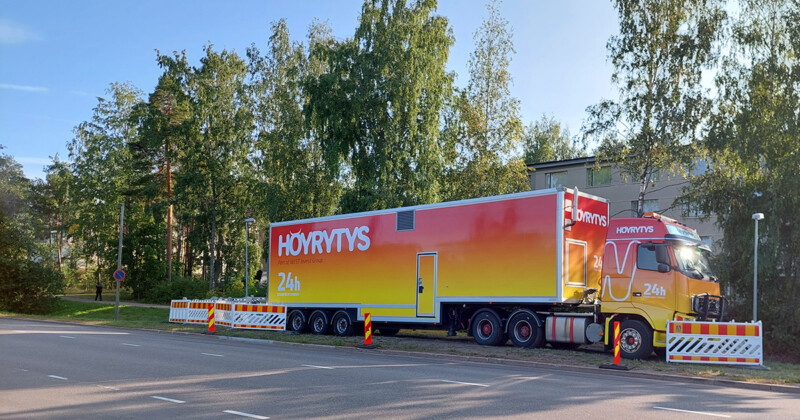District heating supplier Varkauden Aluelämpö has extended its cooperation with Höyrytys Oy after signing a new 5-year backup energy agreement. The agreement secures both backup heat and steam for the entire operating area of Varkauden Aluelämpö and also covers the Riikinvoima waste-to-energy plant. With the new agreement, Höyrytys maintains readiness to supply Varkauden Aluelämpö with temporary heat or steam with a capacity of 10 MW on a 24/7 basis. The backup energy equipment can be on site with one phone call and connected to the heating network within the response time stipulated in the agreement.
The cooperation between Höyrytys and Varkauden Aluelämpö began already in 2015. At the beginning of 2023, the functionality of the backup energy service was tested in an urgent real-life situation, when the Riikinvoima power plant experienced a disturbance due to the freezing temperatures in January. The supply of heat from Stora Enso’s packaging board plant was also interrupted.
“At 2 pm, we received a call from Varkaus that spare capacity was urgently needed. Our equipment was on site in six hours, and backup heat production with a power of 4 MW started in about nine hours after the alarm call,” says Aarni Natunen, Production Manager at Höyrytys.
“When the original backup energy agreement was planned and evaluated for us, we could have reached a totally different decision, which would have been a mistake. There are two power plants in Varkaus that are completely independent of each other, as well as peak/backup heating plants located in different parts of the city. In this case, during the heating season, a risk that had been identified as rare occurred, as two main plants failed at the same time,” says Mikko Onkalo, CEO of Varkauden Aluelämpö.
“Fortunately, we had a backup energy agreement and pre-planned and documented feed points. After making our call in the afternoon, the backup energy equipment was here (approximately 300 kilometres) in six hours and the whole situation was resolved without a single additional call. The backup energy agreement has also made it possible to evaluate the necessity of having our own backup power plants. With the help of the agreement, we have been able to build supply points at the most critical points of the network, where a permanent plant could not be placed,” Onkalo explains.




